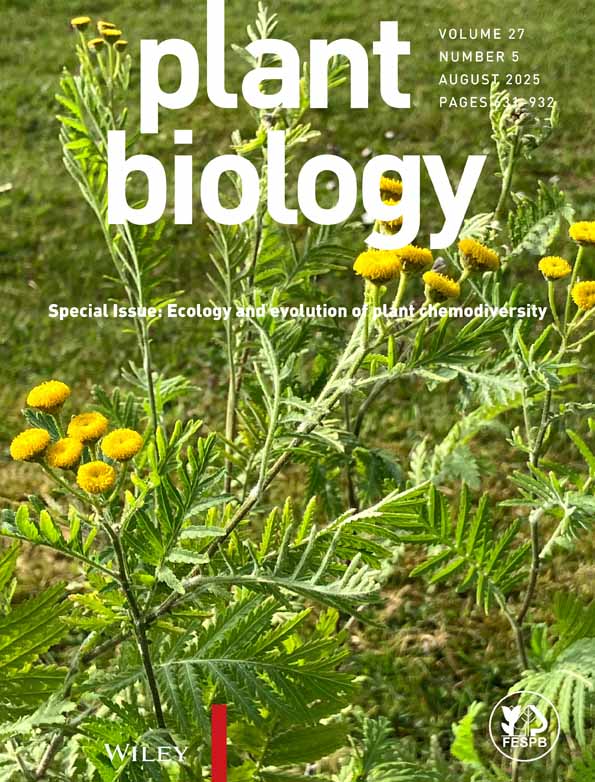High Humidity and Heat Stress Causes Dissociation of Endoplasmic Reticulum in Tobacco Pollen
Abstract
High humidity (95 % RH) and temperature (38/45 °C) stress for 4h applied to pollen grains of Nicotiana tabacum did not affect pollen viability, assessed on the basis of the fluorochromatic reaction test, but affected in vitro germination; pollen grains treated at 38 °C showed marked delay in germination, while those treated at 45 °C failed to germinate in vitro.
The major ultrastructural effect of the stress was on RER. Stacks of RER, characteristically present in fresh pollen, were largely dissociated in the stressed pollen. The extent of dissociation of RER was greater in pollen samples stressed at 45 °C than at 38 °C. The generative cell did not show any obvious change in the stressed pollen. RER was restored in pollen grains which showed germination following culture; but not in those which failed to germinate. Apart from affecting other RER-related functions the dissociation of RER is likely to result in the destruction of long-lived mRNA and thus affect the ability of pollen grains to initiate protein synthesis needed for germination.




